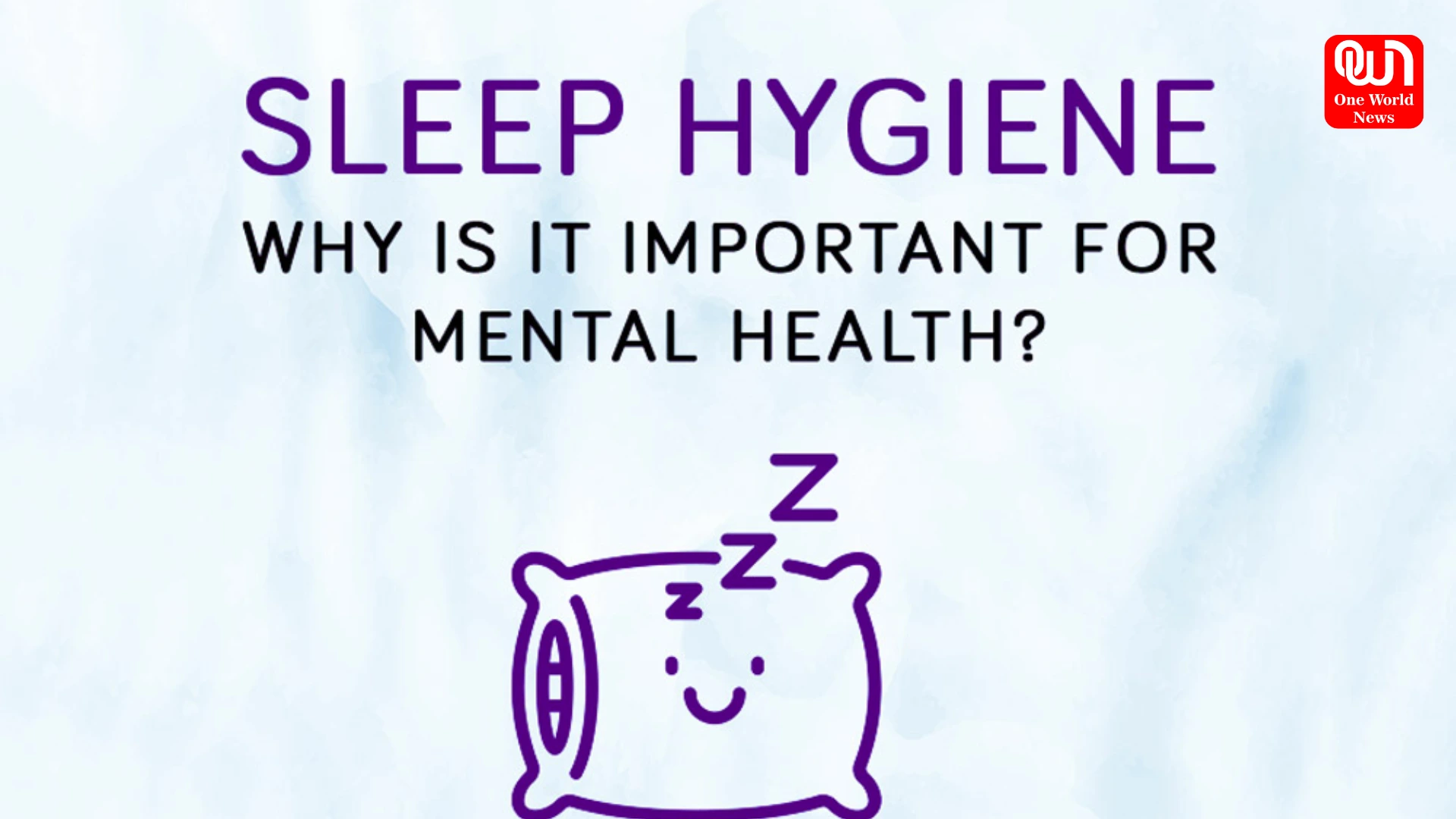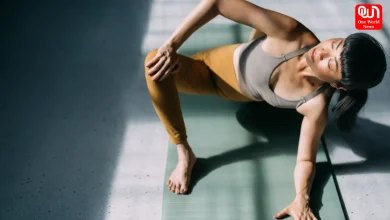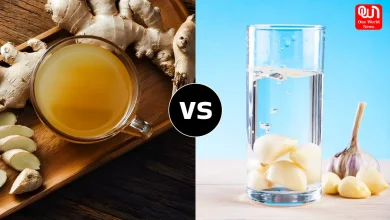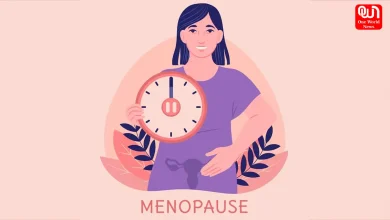The Power of Sleep Hygiene: A Key to Mental Wellness
The Science Behind Sleep and Emotional Stability
Building Better Sleep Habits for a Healthier Mind
One of the most effective strategies for preserving mental health is sleep which is more than just a means of rest. Getting enough sleep is frequently neglected in our fast-paced constantly-on world. However sleep and mental health are more closely related than most people think. Maintaining proper sleep hygiene can significantly improve mood, lower stress levels and increase emotional resilience in general.
Here’s a closer look at how improved sleep practices can benefit your mental well-being and how you can begin forming them right now.
Why Does Mental Health Depend on Sleep?
Your brain starts working when you sleep. It removes mental clutter, organizes memories and processes emotions. These essential functions are disturbed by sleep deprivation which can result in irritability, anxiety trouble focusing and even chronic mood disorders.
In actuality mental health issues like bipolar disorder anxiety and depression are strongly associated with long-term sleep deprivation. Sleep deprivation leads to mental health issues which in turn make it more difficult to obtain the necessary amount of sleep.
You can reverse this cycle and restore equilibrium between your body and mind by practicing better sleep hygiene.
Describe Sleep Hygiene
Sleep hygiene includes a range of different practices and habits that are necessary to have full daytime alertness and good nighttime sleep quality. Understanding a number of clinical terms pertaining to sleep and biological health is the foundation for good sleep hygiene.
Terms to Know About Sleep Hygiene
- Consistent or total sleep deprivation causes excessive daytime drowsiness, exhaustion impaired coordination and attention problems.
- The circadian rhythm is an internal biological clock that controls how long people, animals and other living things sleep, work and engage in other activities.
- When someone constantly misses sleep over a period of days they accumulate sleep debt or a deficit.
- A sleep disorder is a condition that causes disruptions in sleep and is diagnosed clinically.
While adults should aim for seven to nine hours of uninterrupted sleep each night, the best practices for an individual are based on much more than just how much time they spend sleeping.
Knowing how to arrange your surroundings promotes restful sleep. Sleep duration and quality are influenced by a number of environmental factors.
Read More : Hydration Hacks: Creative Ways to Drink More Water Daily
How Does Sleep Affect Mental Health?
Sleep deprivation has consequences beyond fatigue and subpar work. Sleep disturbances have been shown to change the chemistry of the brain which can result in mental health issues. There is a complicated connection between sleep and mental health issues. In addition to the other way around poor sleep hygiene can make symptoms of anxiety depression and other diagnoses worse.
It can be challenging to diagnose multiple disorders in people with depression because symptoms of depression, insomnia hypersomnia and sleep apnea can overlap. Insomnia and depression may also co-occur.
Social isolation in individuals with clinical depression can also make it more difficult for them to recognize their own bad sleeping patterns and seek assistance in developing better ones.
Read More : Digital Detox: Why Your Mind Needs a Break from Screens
It’s important to have someone you trust help you get out of bed. There are biological components to depression that can prevent a person from going about their day normally without assistance.
Poor sleep hygiene can also aggravate anxiety symptoms. Unpredictable sleep patterns, frequent nightmares and excessive daytime sleepiness are all signs of a racing mind which makes it difficult to fall and stay asleep.
A qualified mental health counselor should be consulted by anyone exhibiting signs of a mental illness.
We’re now on WhatsApp. Click to join.
Like this post?
Register at One World News to never miss out on videos, celeb interviews, and best reads.








